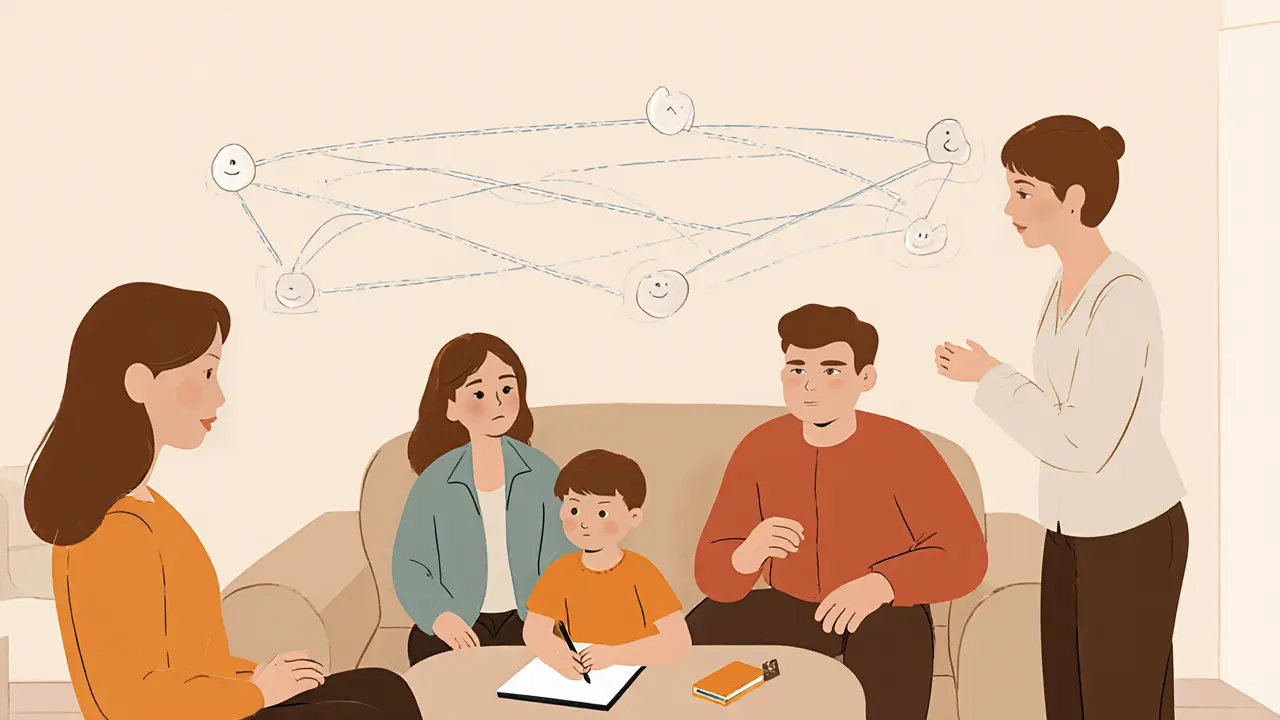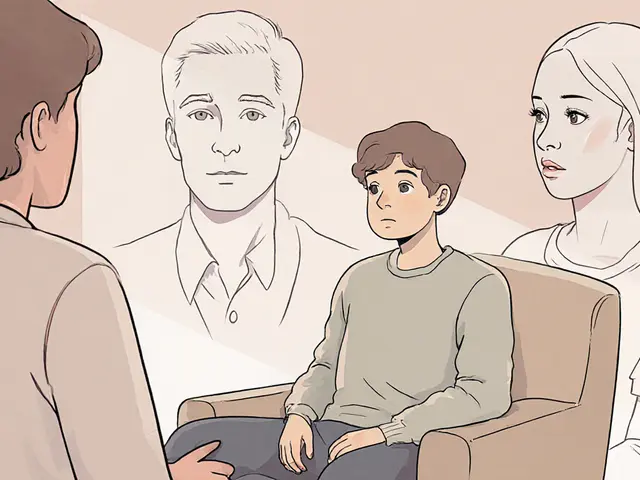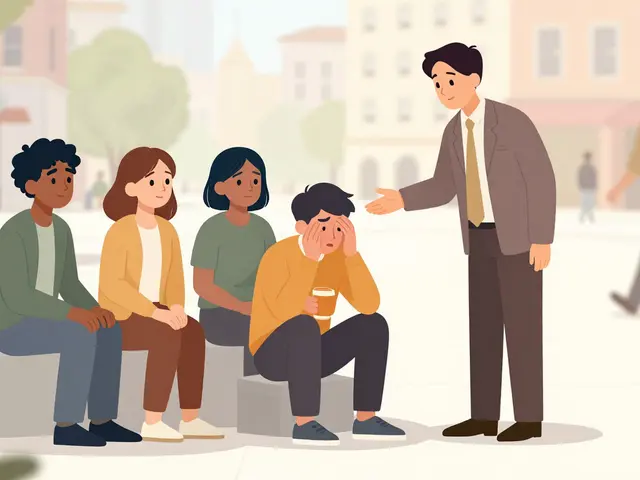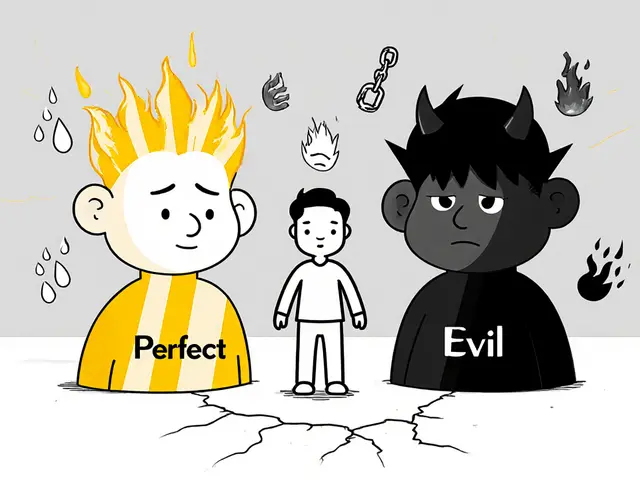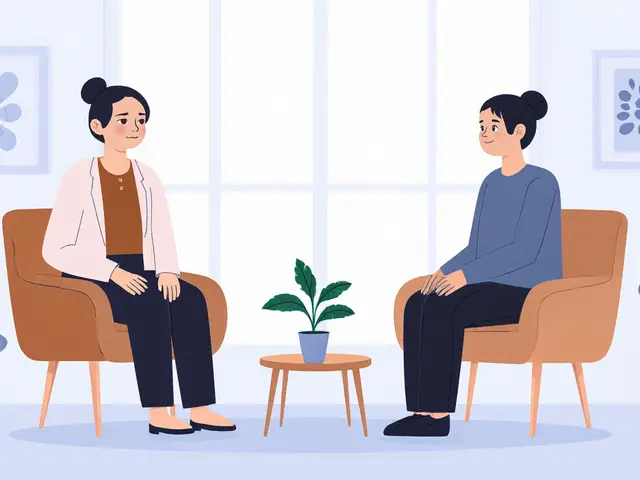Rodinný systém: Jak vztahy v rodině ovlivňují naše chování a psychické zdraví
When you think about your family, you might picture holidays, arguments, or shared meals. But beneath the surface, there’s something deeper: a rodinný systém, síť vzájemně propojených vztahů, která funguje jako celý organismus s vlastními pravidly a roli. Also known as rodinné dynamiky, it shapes how you react to stress, choose partners, or even handle conflict — often without you noticing. This isn’t just theory. It’s why two siblings raised in the same home can turn out so differently — one anxious, one bold — because each found a different role to survive in that system.
Every family has invisible rules: who speaks up, who stays quiet, who carries the emotional weight. These roles get passed down — from grandparents to parents to children — and they stick. A child who learns to be the "peacekeeper" might grow up avoiding conflict even in adult relationships. A parent who was never allowed to show sadness might teach their kids to suppress emotions. These patterns aren’t about blame. They’re about survival. And when something breaks — a divorce, a death, addiction — the whole system shakes. That’s when people start feeling lost, anxious, or depressed. Not because they’re broken, but because the system they grew up in is no longer holding.
That’s where rodinná terapie, metoda, která pracuje s celou rodinou jako s jednotkou, nejen s jednotlivci. Also known as systémová terapie, it helps you see how your actions ripple through the family — and how others’ actions affect you. It doesn’t try to fix one person. It asks: What’s the story here? Who’s carrying the silence? Who’s been the scapegoat? Who’s been invisible? The goal isn’t to make everyone agree. It’s to create space where people can finally speak their truth — without fear of breaking the system.
And it’s not just about parents and kids. It includes grandparents, in-laws, even dead relatives whose unspoken pain still echoes. You’ll find this in posts about rekontraktace v párové terapii — because when two people form a couple, they bring their family systems with them. Or in texts about PTSD — where trauma isn’t just personal, it’s often inherited through silence, fear, or overprotection. Even when you think you’re dealing with your own anxiety, the roots might be buried in how your grandmother handled grief, or how your father learned to shut down.
What you’ll find here aren’t abstract ideas. These are real stories — from families struggling with addiction, from couples stuck in the same argument for years, from kids who learned to be invisible to survive. You’ll see how a single shift — a new way of speaking, a changed role, a moment of honesty — can change everything. Not because magic happened. But because the system finally started to breathe.
Rodinná terapie při dětských obtížích: Jak zapojit celou rodinu do léčby
Rodinná terapie při dětských obtížích neřeší dítě zvlášť, ale celý rodinný systém. Zjistěte, jak se zapojí rodiče, otec i ostatní členové, aby se vztahy změnily trvale.
Zobrazit více